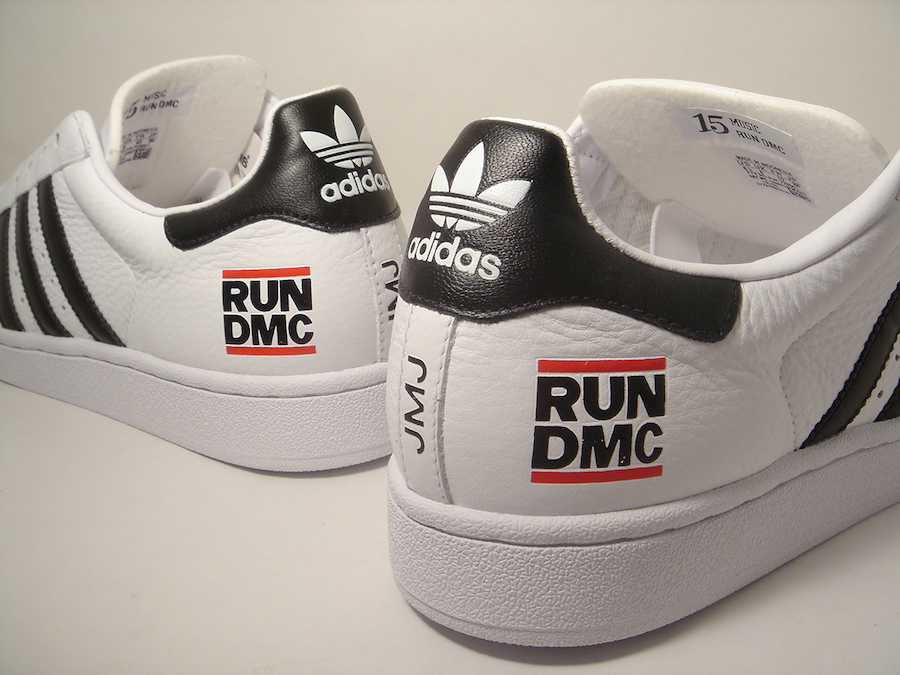
From Beats to Threads: Unraveling How Hip-Hop Wove Its Stylish Influence into Fashion’s Fabric
[ad_1]
The influence of hip-hop on fashion is an undeniable cultural phenomenon that has transcended time and boundaries. Emerging from the streets of the Bronx in the 1970s, hip-hop revolutionized music and redefined how people express themselves through clothing.
Characterized by its unique blend of music, dance, and visual artistry, hip-hop culture quickly began to shape a distinctive fashion sensibility. Initially, it was about expressing identity and defiance against societal norms. Baggy jeans, oversized T-shirts, and sneakers became staples of the hip-hop wardrobe, reflecting its followers’ streetwise attitude and individuality.
As hip-hop gained mainstream popularity in the 1980s and 1990s, its fashion influence grew exponentially. Icons like Run-D.M.C. popularized Adidas sneakers and tracksuits, while artists like LL Cool J introduced the world to the Kangol bucket hat trend. These artists influenced the clothing items and how they were worn – backward caps and untied shoelaces became deliberate fashion choices that communicated a rebellious spirit.
The late 1990s and early 2000s saw hip-hop’s influence expand further, with artists like Missy Elliott and Diddy setting trends with flashy, luxury-oriented styles. This era brought forth velour tracksuits, bling-bling jewelry, and designer brands prominently featured in music videos and red-carpet appearances.
Hip-hop’s fashion influence is not limited to clothing; it has also significantly promoted sneaker culture. The love for sneakers, particularly high-end brands like Nike and Jordan, became intertwined with hip-hop’s ethos of self-expression and authenticity. Sneakers evolved from athletic footwear to coveted fashion statements, often selling out within minutes of release.
In recent years, hip-hop’s impact on fashion has continued to evolve. Streetwear, a style rooted in urban culture and heavily influenced by hip-hop, has become a global fashion phenomenon. High-end designers collaborate with hip-hop artists, and streetwear brands have gained a place in luxury fashion.
In conclusion, hip-hop’s influence on fashion is a testament to its cultural and social impact. It started as a means of self-expression for marginalized communities and grew into a worldwide phenomenon that has transformed how we dress and perceive style. From baggy jeans and sneakers to high-end streetwear, hip-hop’s fashion journey embodies the spirit of breaking boundaries and celebrating individuality.
[ad_2]
Source link



No Comments